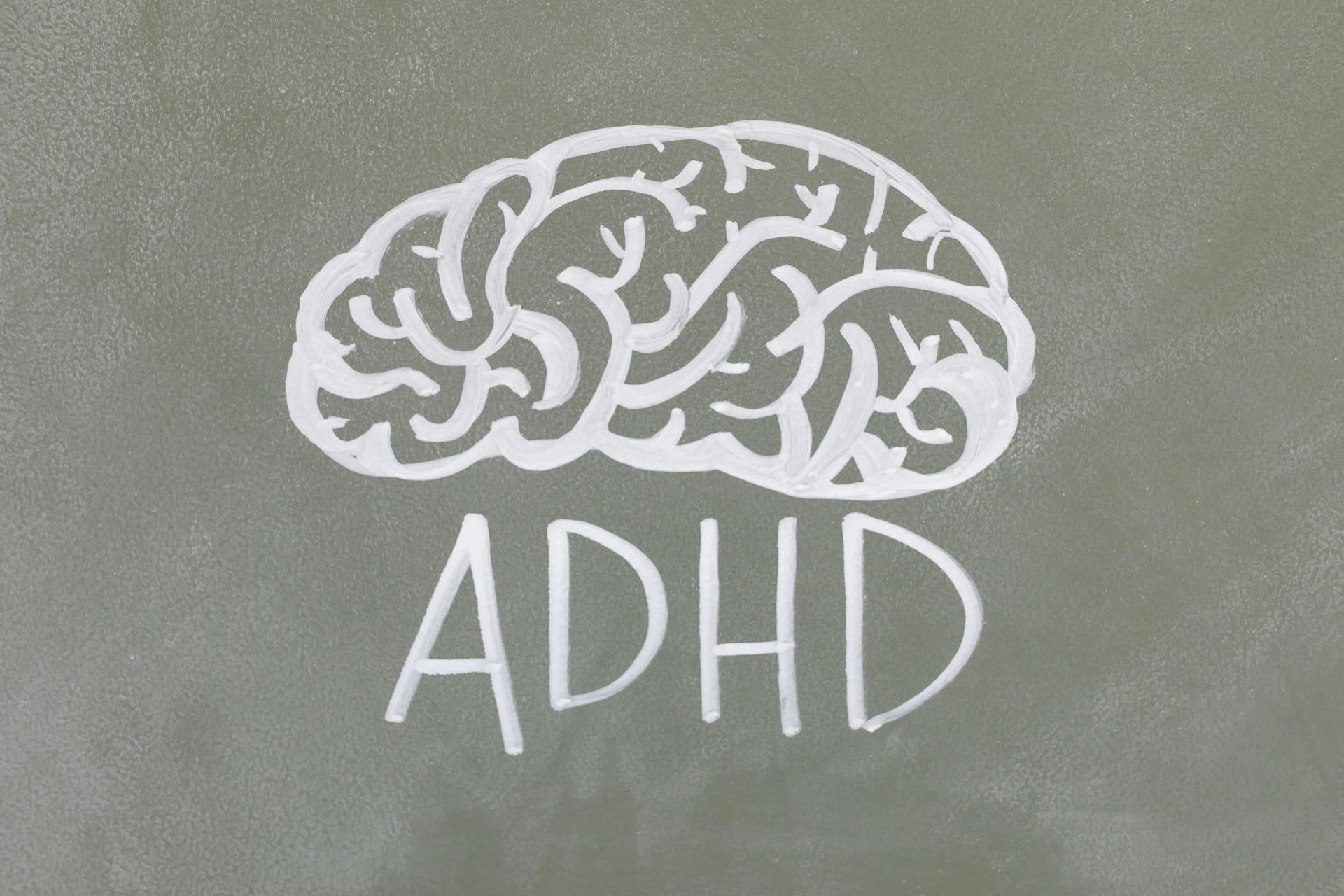Resources

In today’s fast-paced society, stress often feels like an inevitable part of life. With constant notifications, tight deadlines, family responsibilities, and societal expectations, it’s easy to feel overwhelmed. While some stress can motivate us, chronic stress can harm both our mental and physical well-being. The good news is that with the right strategies, it’s possible to manage stress effectively—even in the busiest seasons of life.

Summer is a season of warmth, light, and renewal—a perfect opportunity to hit reset and focus on your well-being. While vacations and sunshine bring joy, it’s also easy to become overwhelmed by packed schedules, rising temperatures, and the pressure to “make the most of summer.” That’s where self-care comes in. Prioritizing your mental, emotional, and physical health doesn’t have to be time-consuming or expensive—it just requires intention. Here are some simple but powerful summer self-care tips to help you feel balanced and refreshed all season long.

In today’s world, more people than ever are seeking support for their mental health—and many are turning to psychotherapy as a path to healing and self-understanding. But what exactly does a psychotherapist do? And how can they help? Whether you're new to therapy or simply curious about how it works, understanding the role of a psychotherapist can help demystify the process and encourage more people to take that brave first step toward support.

Addiction—whether to substances, behaviors, or habits—can feel like a heavy burden to carry. It affects not only the person struggling but also their loved ones, relationships, and overall well-being. Coping with addiction is not about willpower alone; it’s about understanding, support, and small, consistent steps toward healing.

Welcoming a new baby into the world is a profound and joyful experience—but it also brings a unique set of emotional, physical, and psychological challenges. From sleepless nights and shifting identities to hormonal changes and new responsibilities, the transition to parenthood can take a toll on mental health . While the focus often stays on the baby’s needs, it’s equally important to support the mental well-being of new parents. After all, a nurtured parent is better equipped to nurture their child.

Every relationship—whether romantic, familial, or platonic—comes with its share of challenges. Differences in communication styles, life stressors, misunderstandings, or unmet expectations can create tension even in the strongest of bonds. But facing these challenges together can actually deepen trust, enhance emotional intimacy, and foster long-term connection . Navigating relationship hurdles isn’t about avoiding conflict altogether. It’s about learning how to approach those conflicts with empathy, honesty, and a willingness to grow.

In a world that often feels fast-paced, unpredictable, and overwhelming, our mindset becomes one of our most powerful tools. Positive thinking isn’t about ignoring life’s challenges—it’s about approaching them with a mindset that fosters resilience, hope, and emotional well-being. Backed by research in psychology and neuroscience, the benefits of positive thinking are real and far-reaching.

In today’s fast-paced world, the workplace can be a major source of stress for many individuals. Deadlines, high expectations, long hours, and the constant push for productivity can take a serious toll on mental health. While some level of stress is inevitable in any career, chronic workplace stress can lead to burnout, anxiety, depression, and even physical health issues. Understanding the relationship between workplace stress and mental health is the first step toward creating healthier environments—both for individuals and organizations.

When people think of therapy, they often picture one-on-one conversations in a quiet office. But there’s another powerful form of support that’s just as impactful— group counselling . Whether focused on anxiety, grief, addiction, or personal growth, group counseling offers a unique and transformative experience rooted in community, empathy, and shared healing . In a world where so many people feel isolated or misunderstood, group counseling reminds us that we are not alone.

Attention-Deficit/Hyperactivity Disorder (ADHD) is one of the most common neurodevelopmental conditions, affecting both children and adults. Yet, despite its prevalence, ADHD is often misunderstood—leading to misdiagnoses, stigmatization, or frustration for those who live with it. Whether you or someone you love has ADHD, understanding the condition is the first step toward effective management and support. Let’s explore what ADHD is, how it presents, and how to navigate life with greater awareness and confidence.





